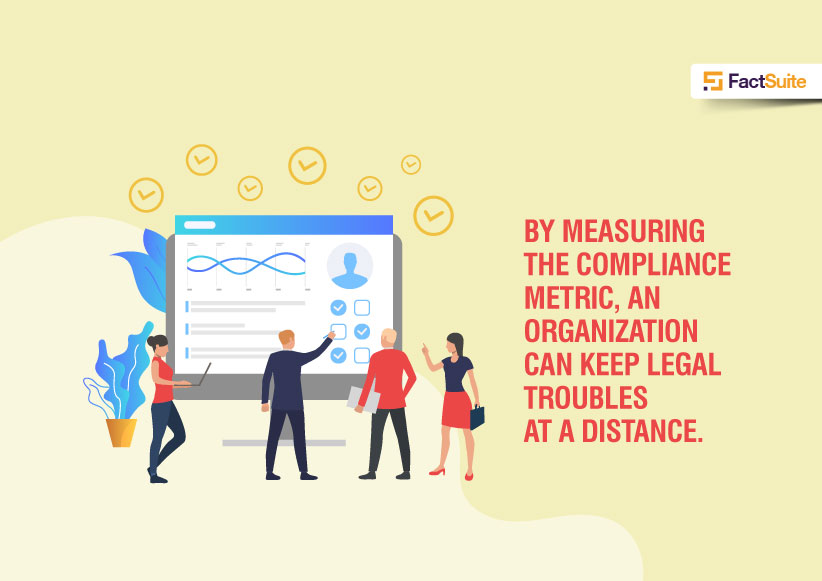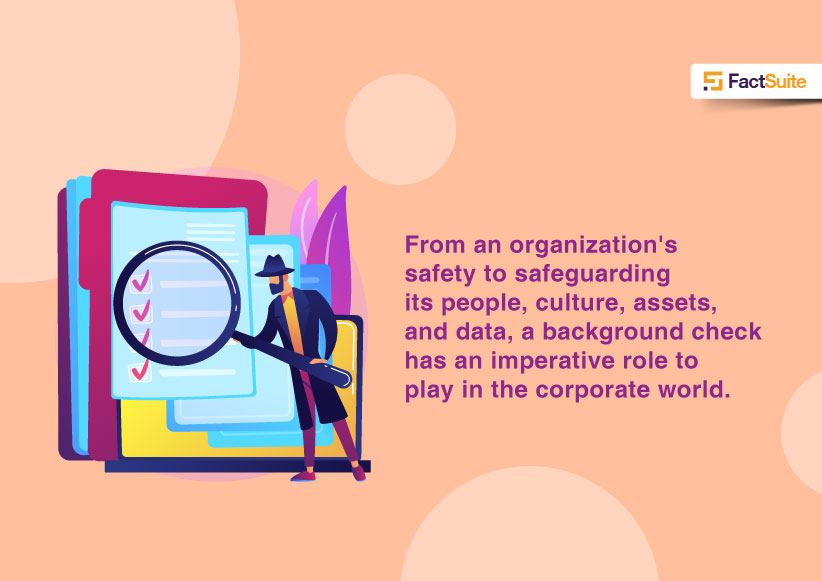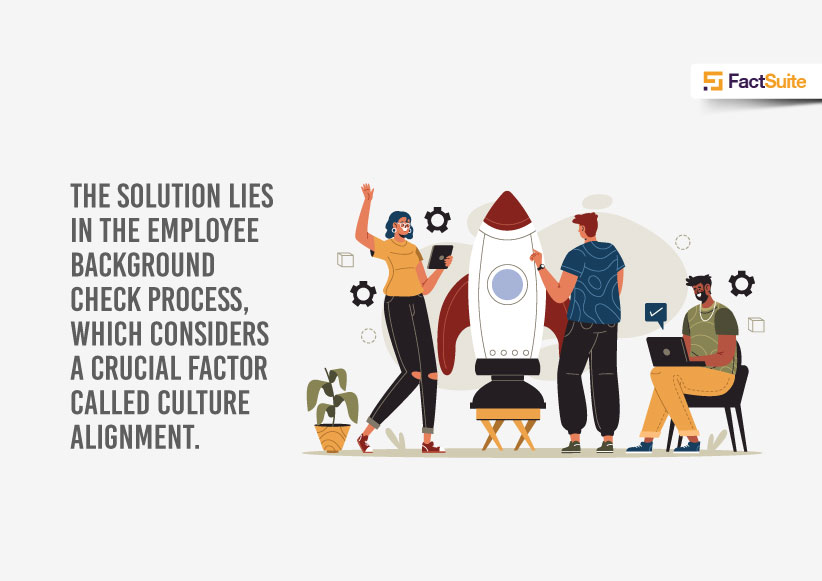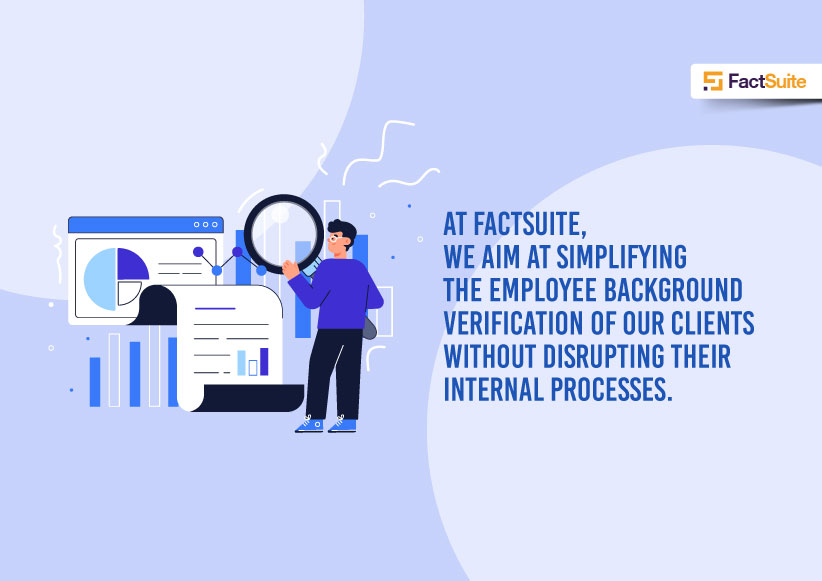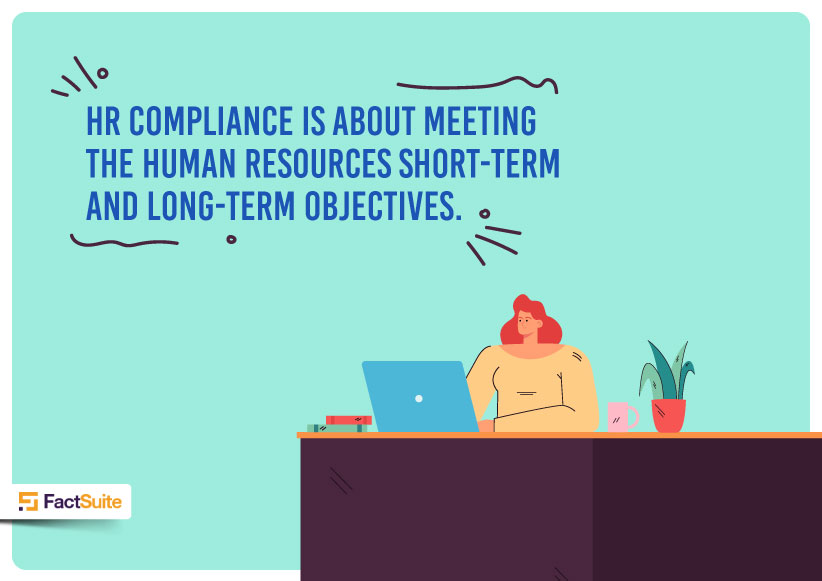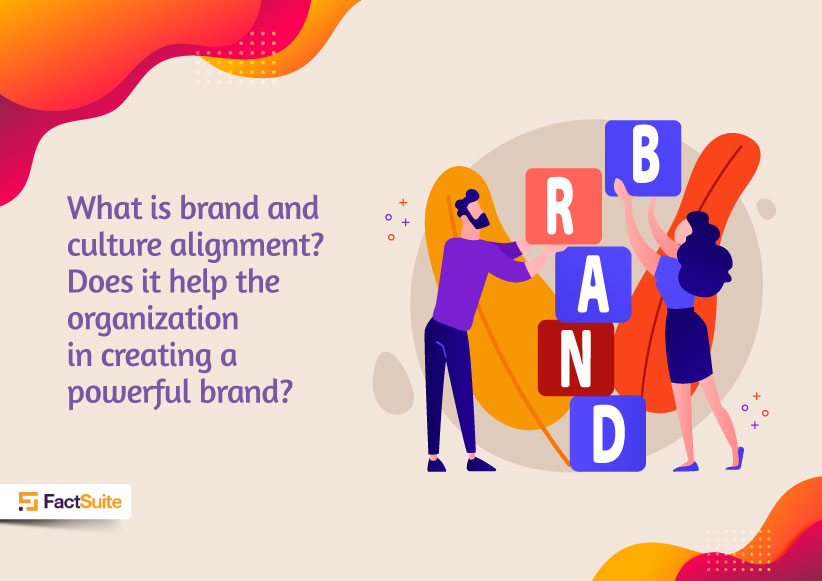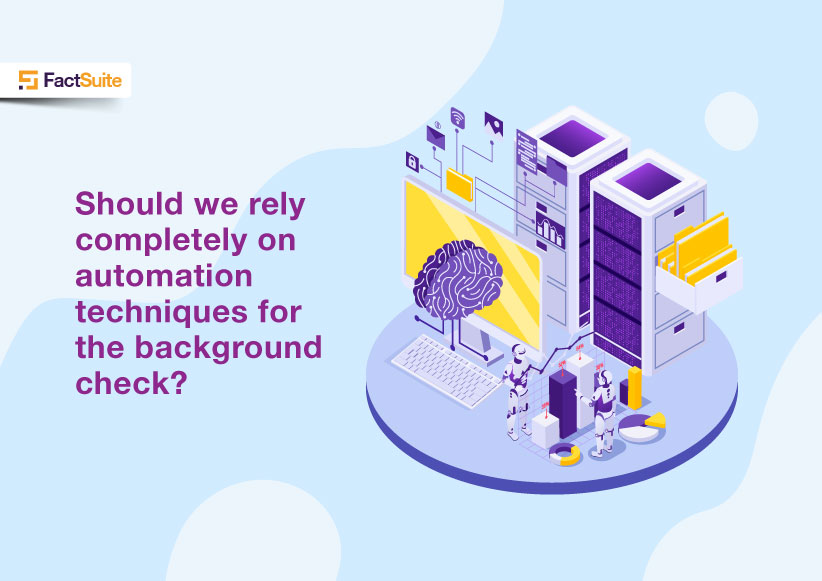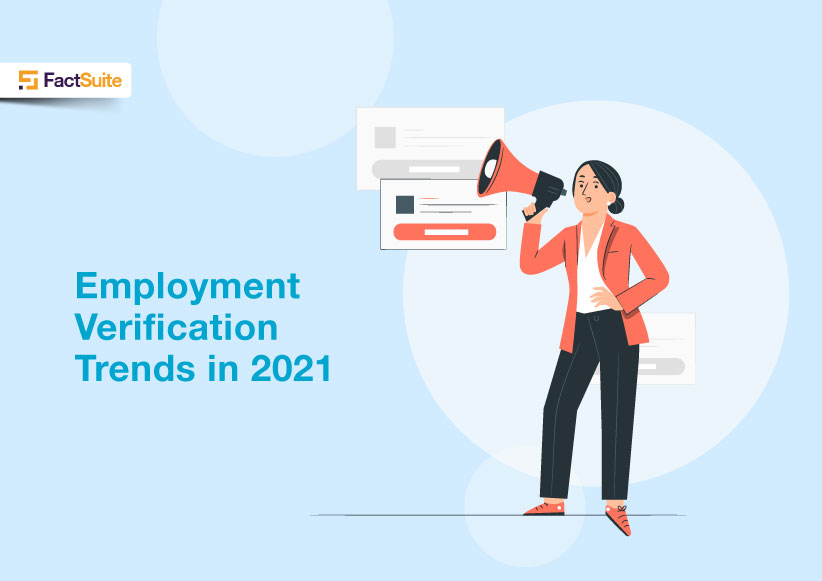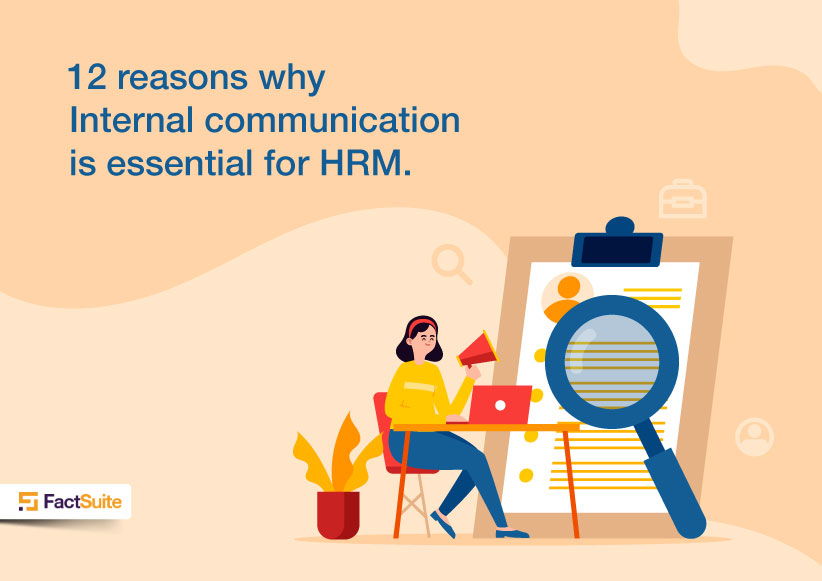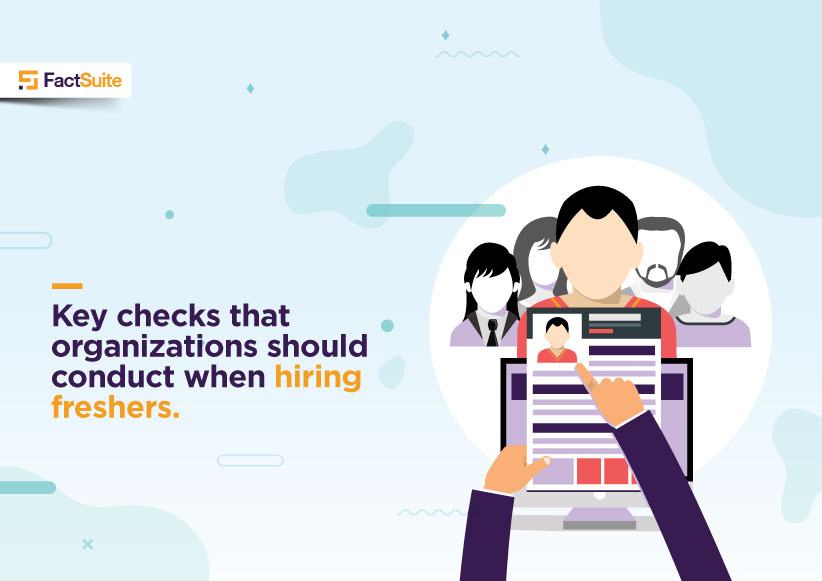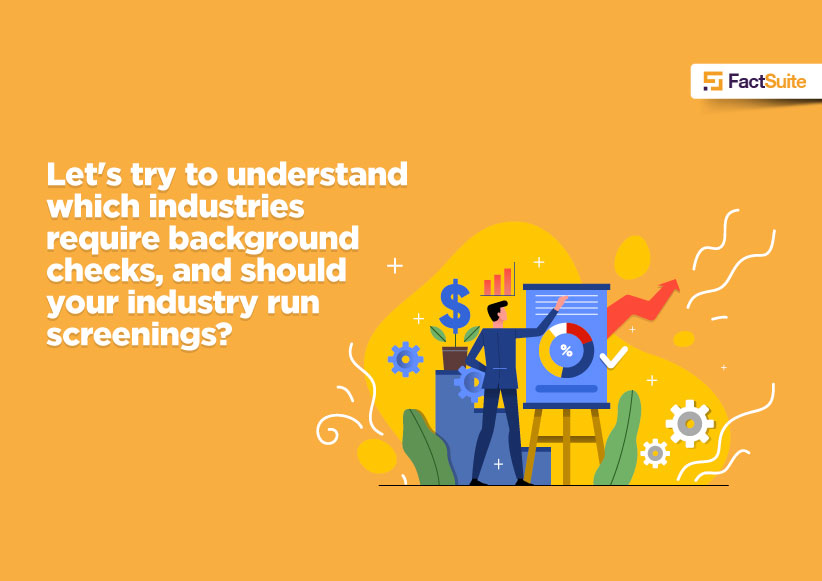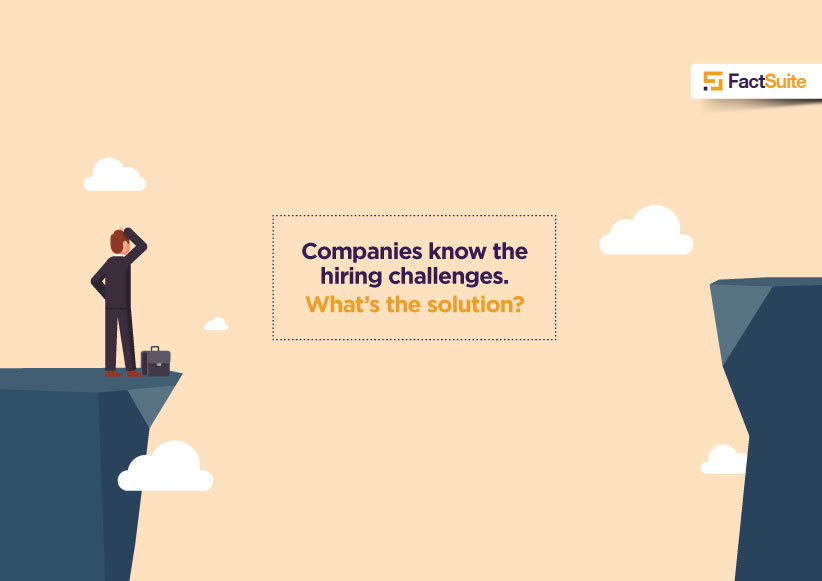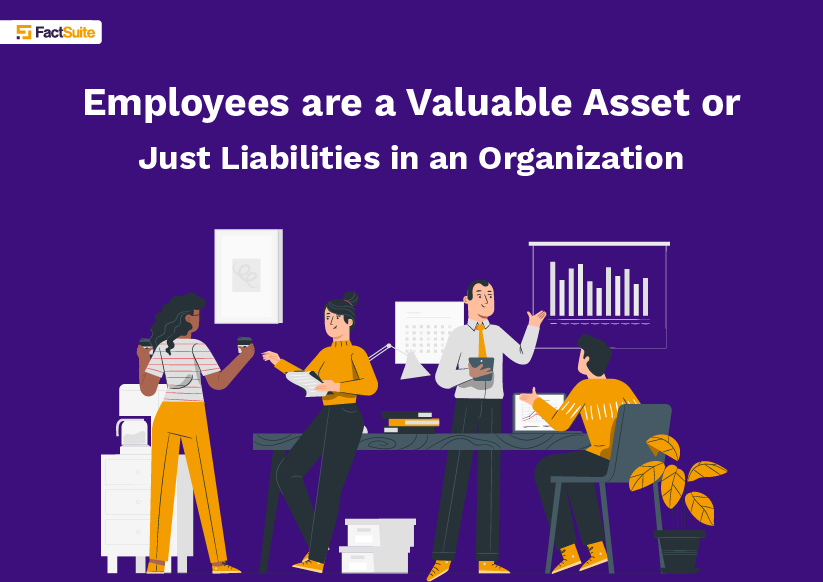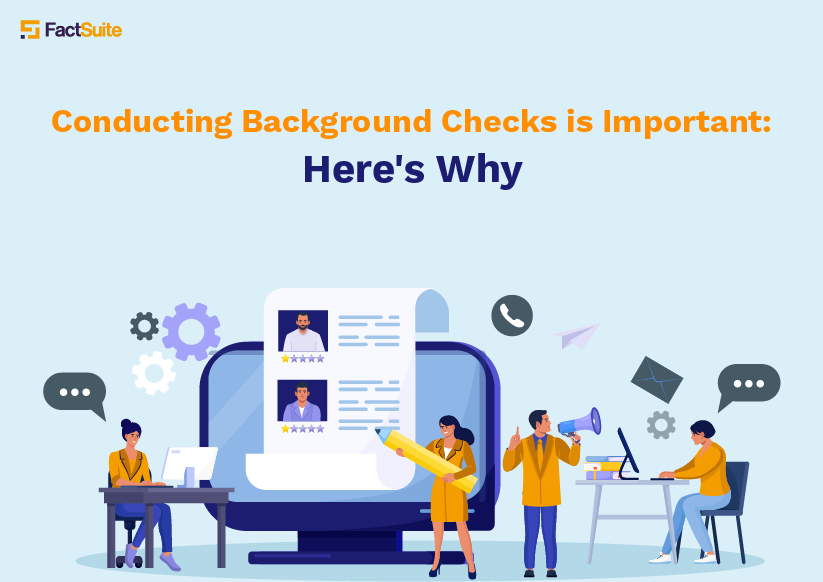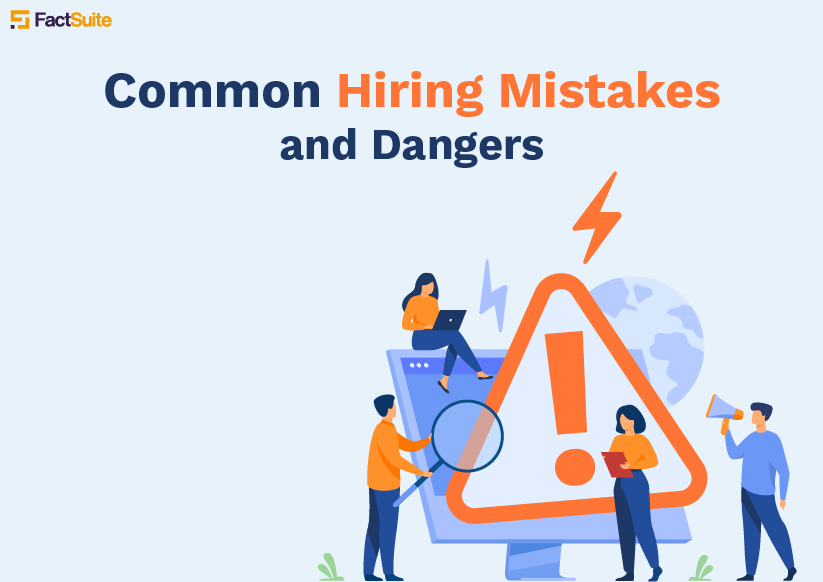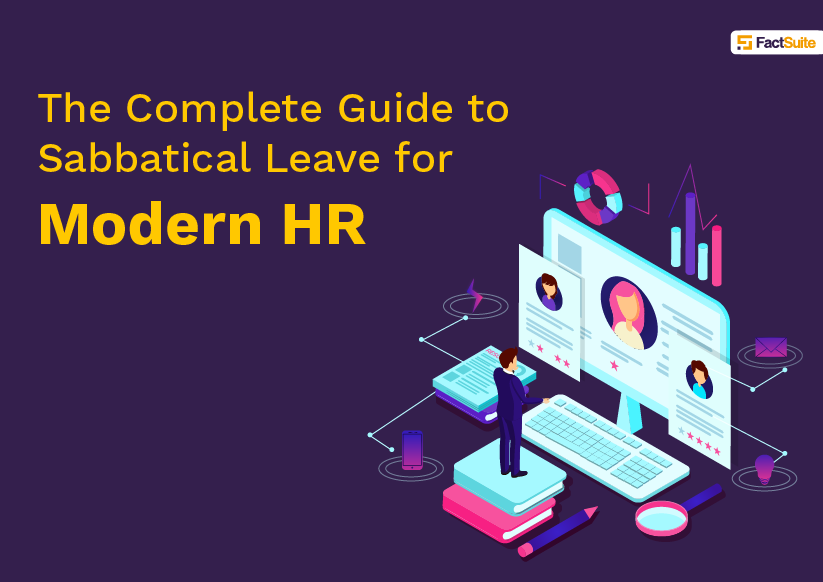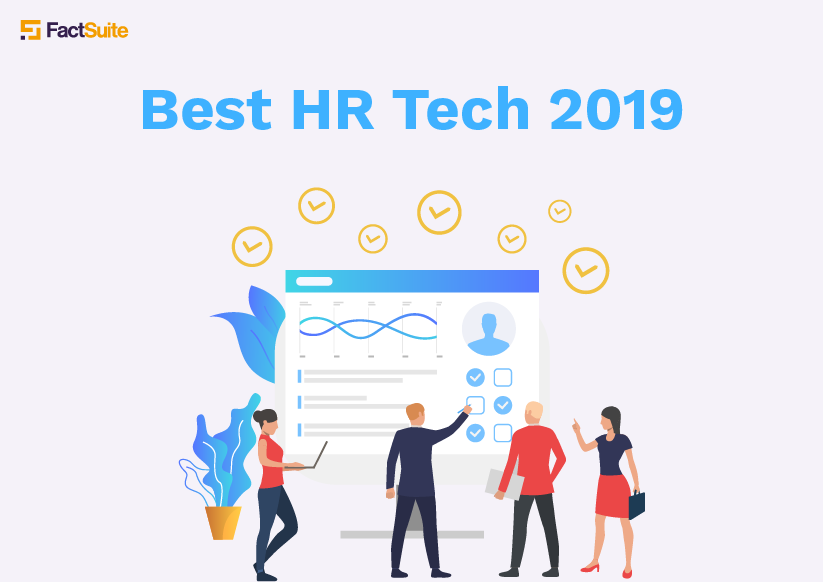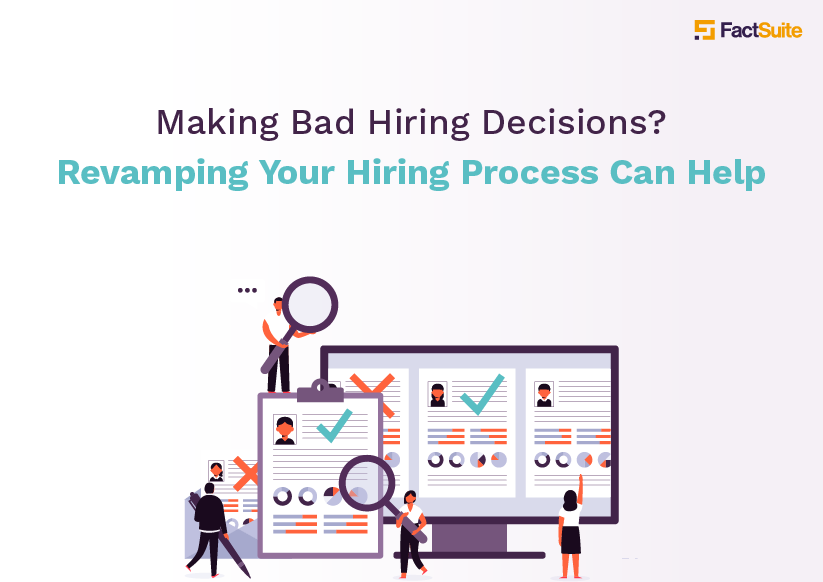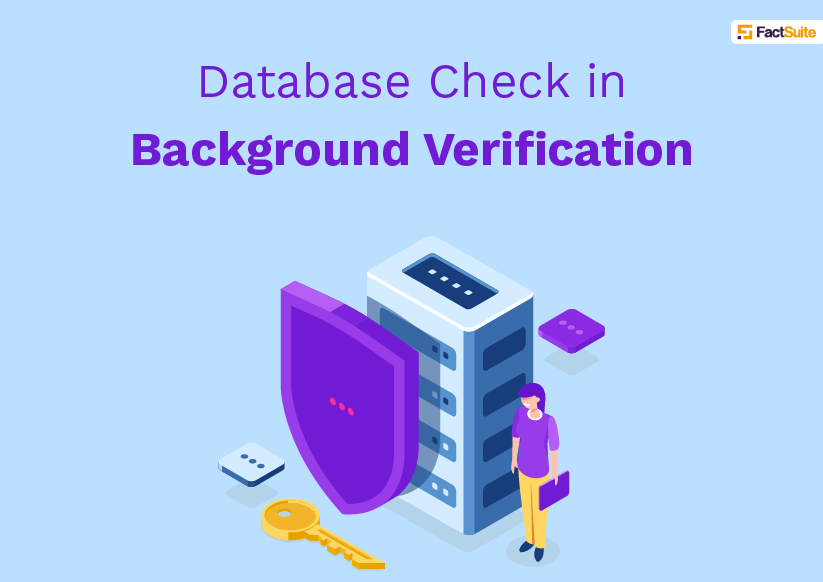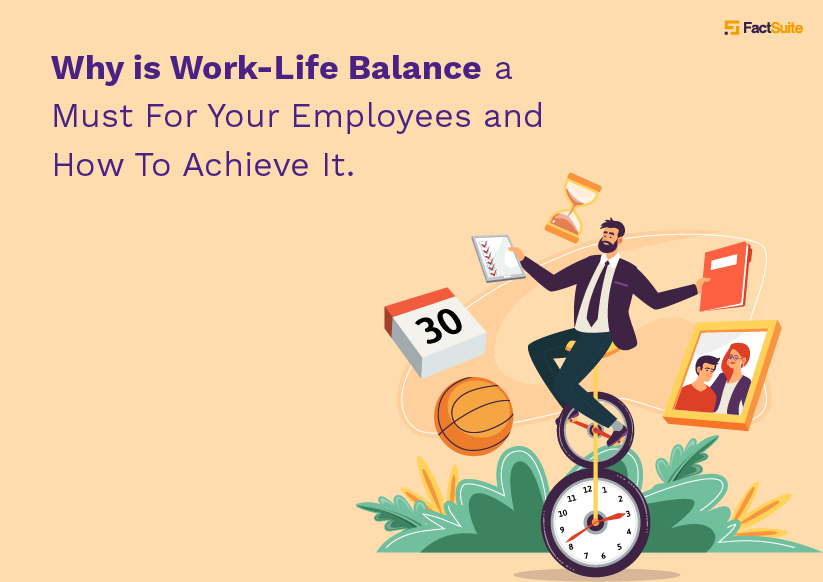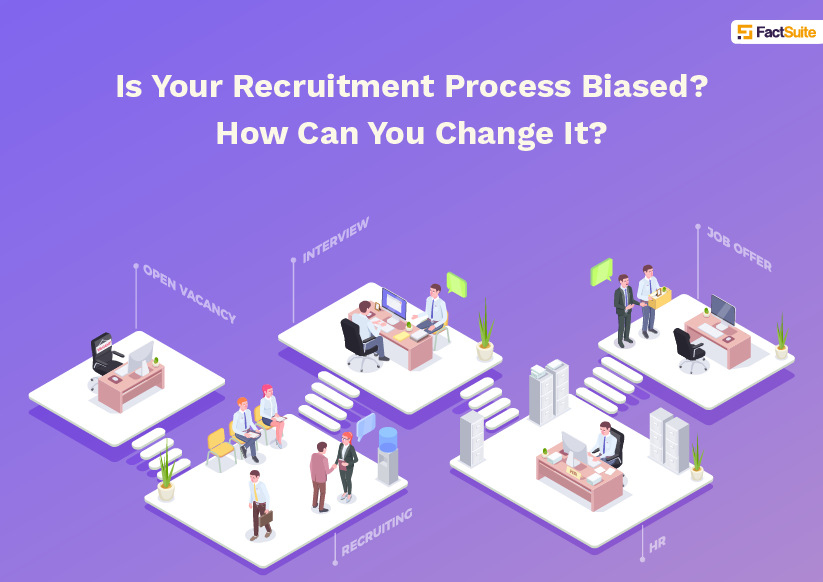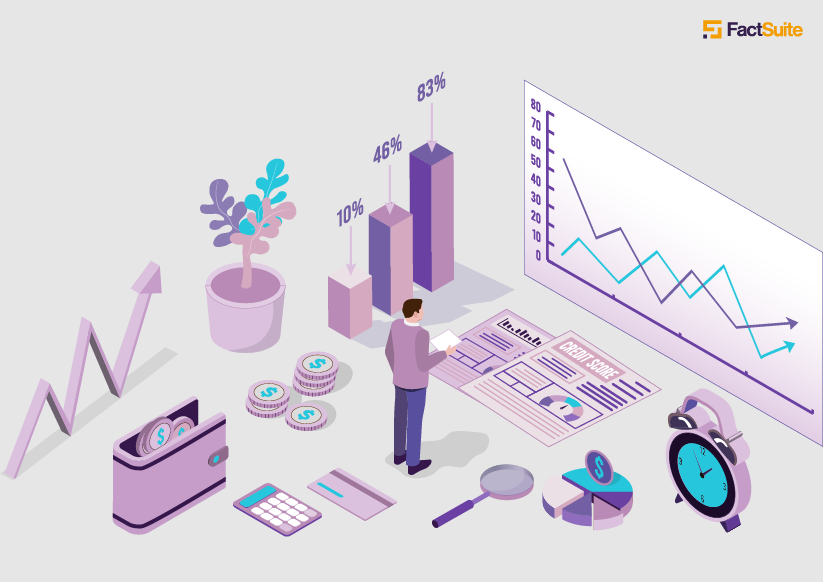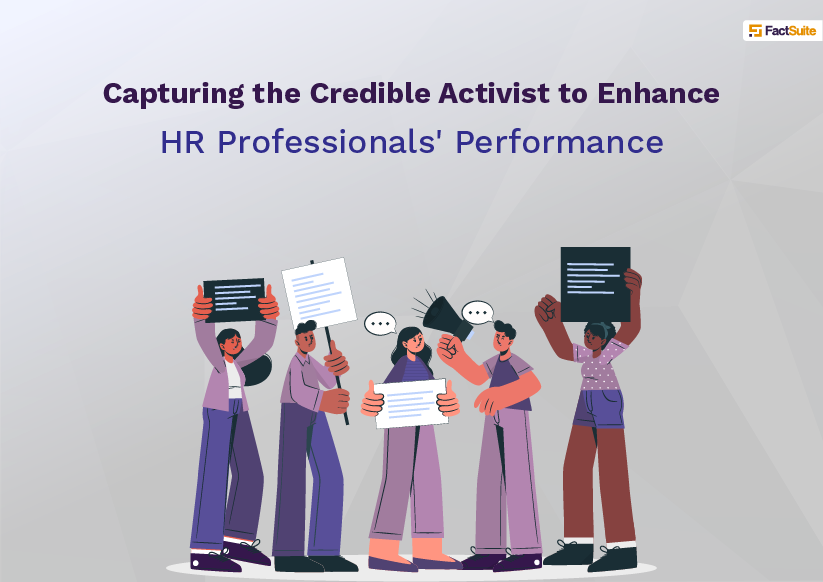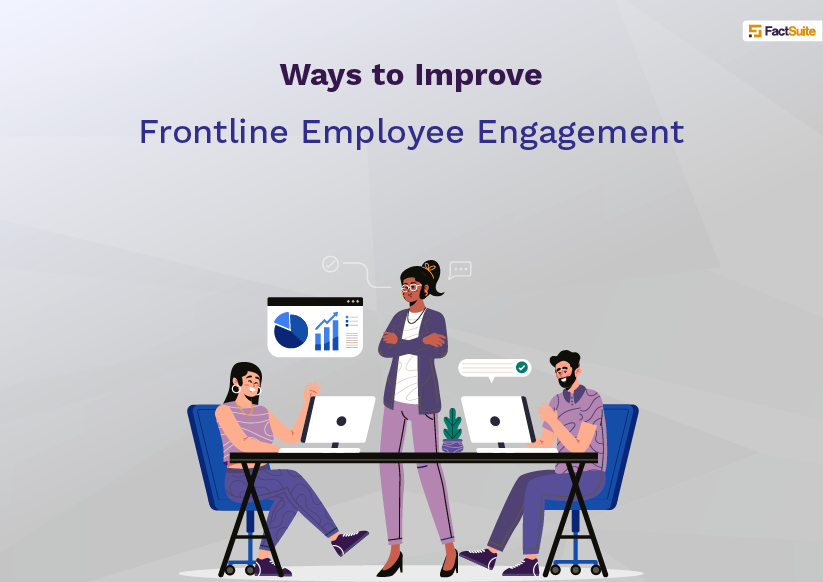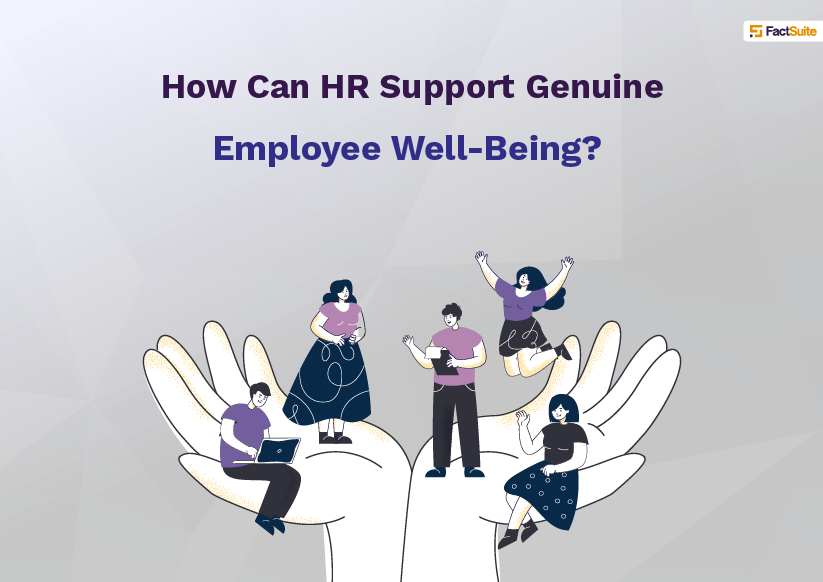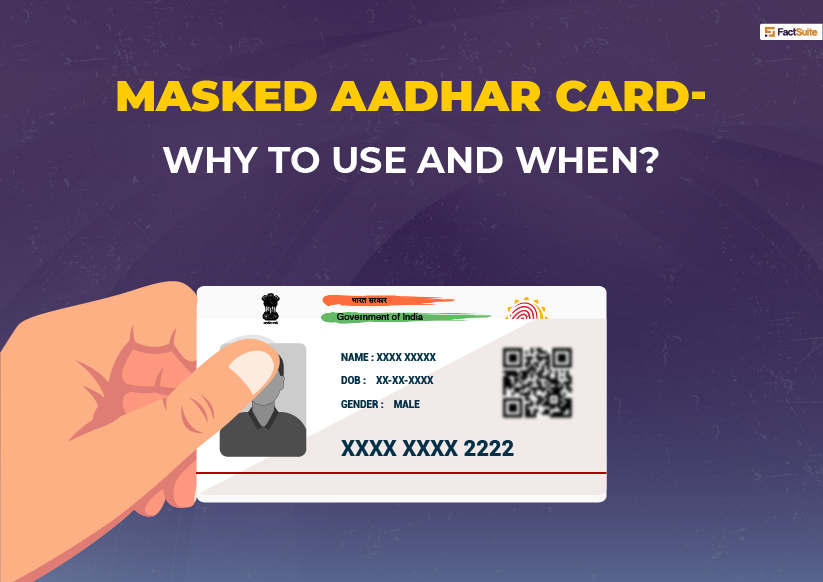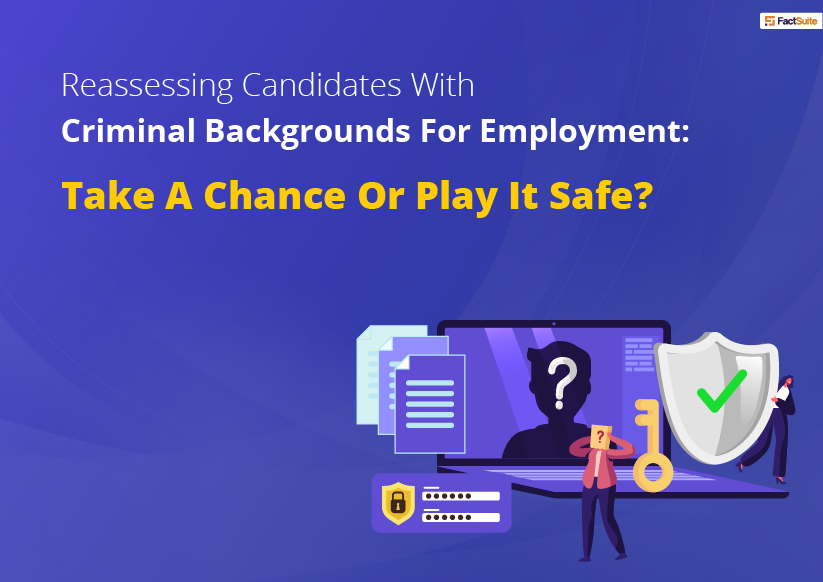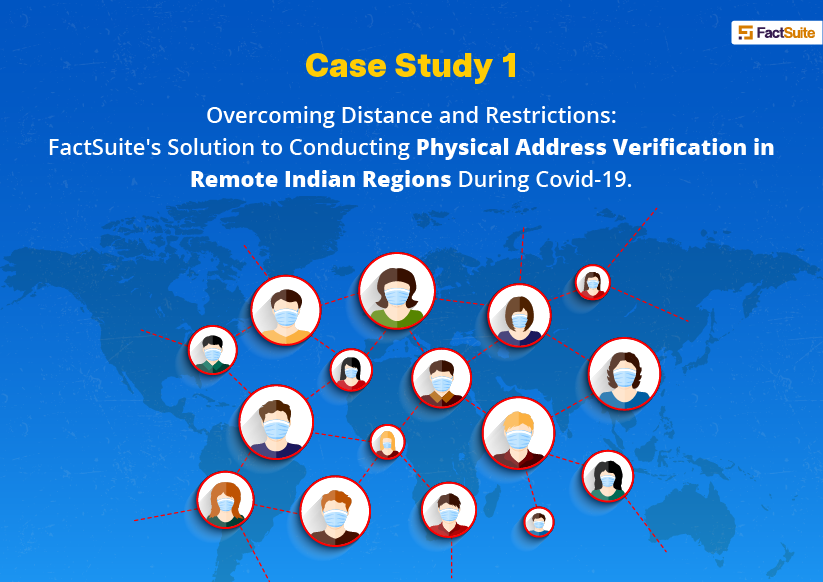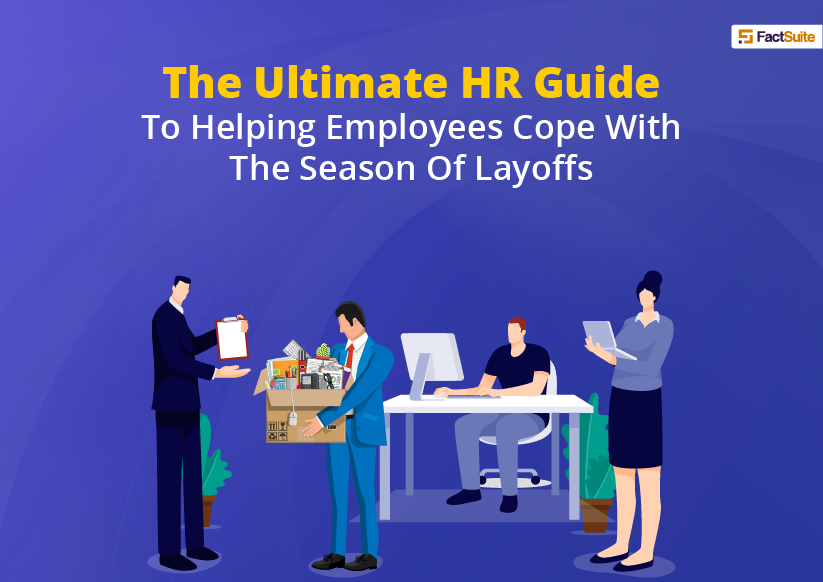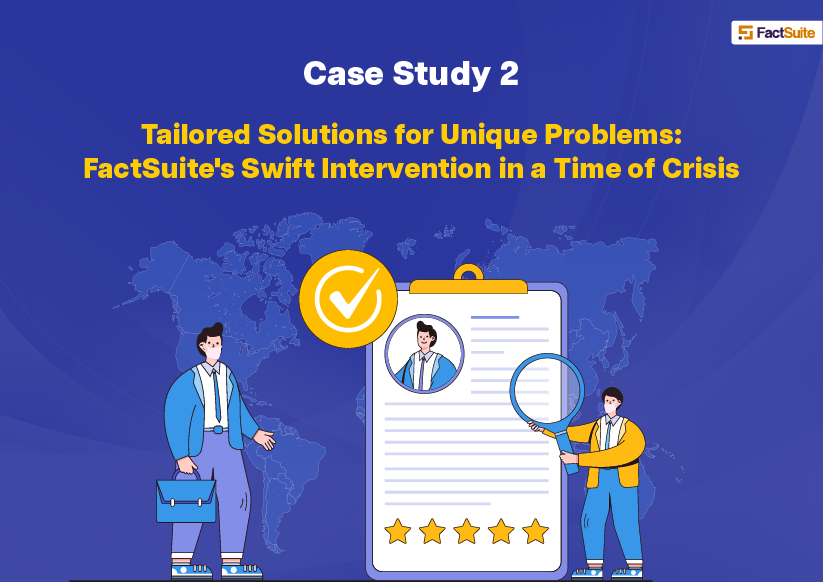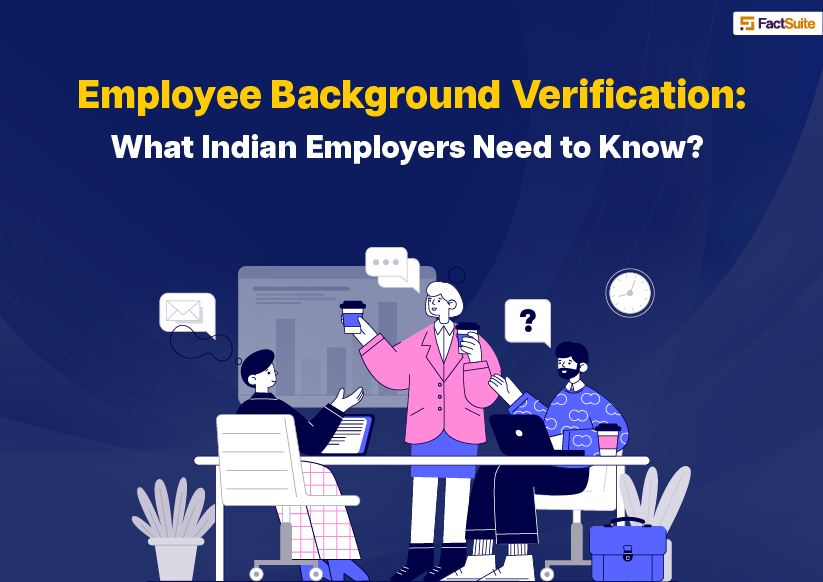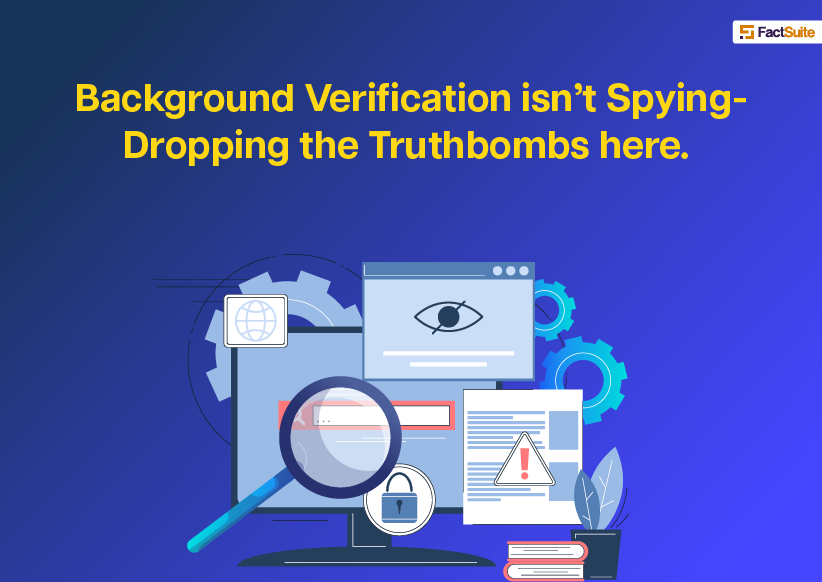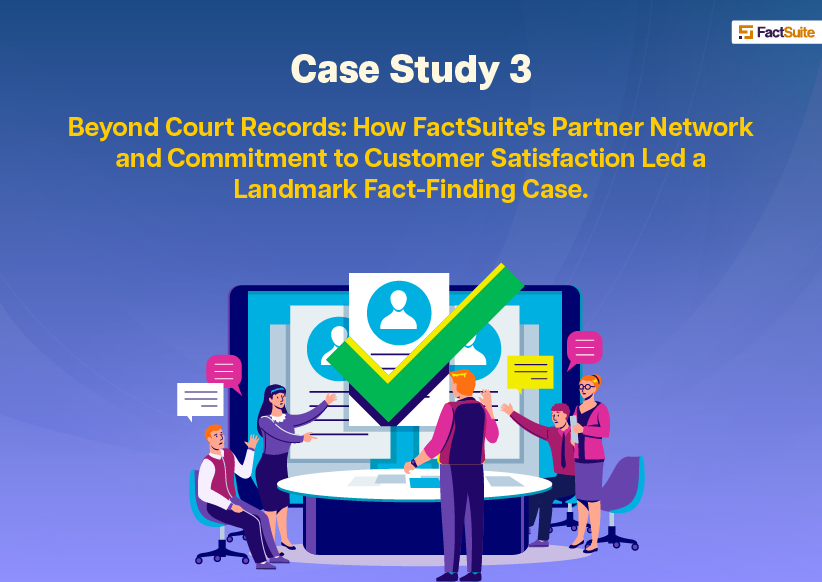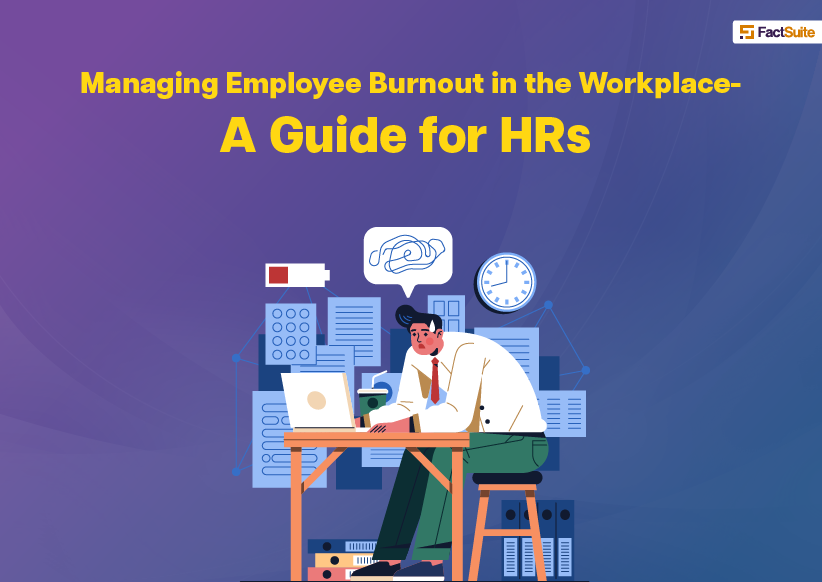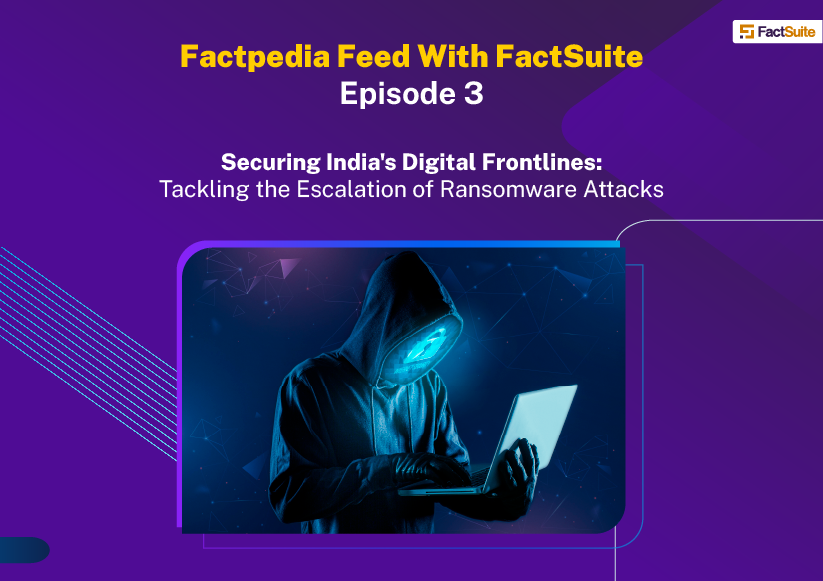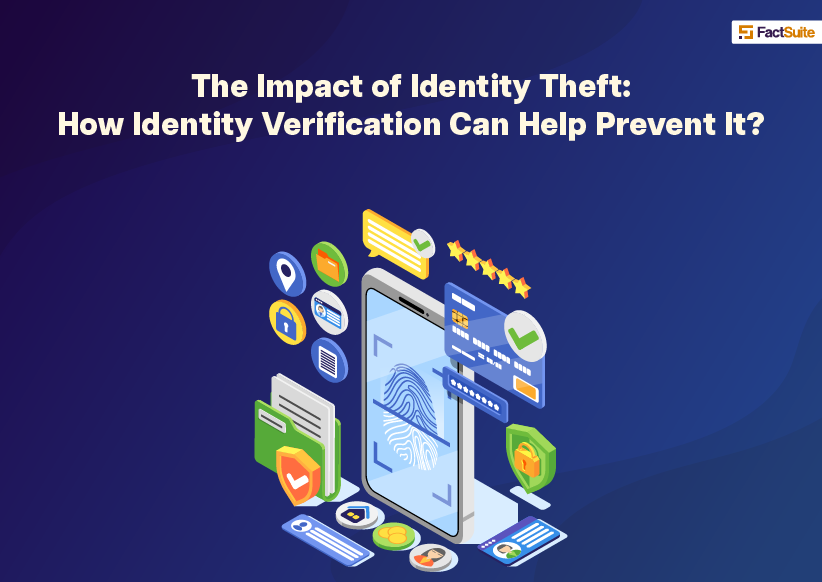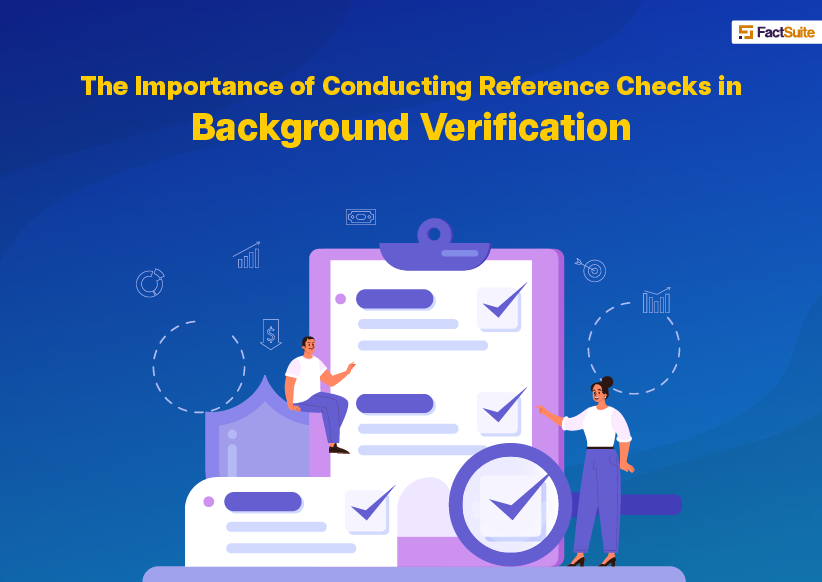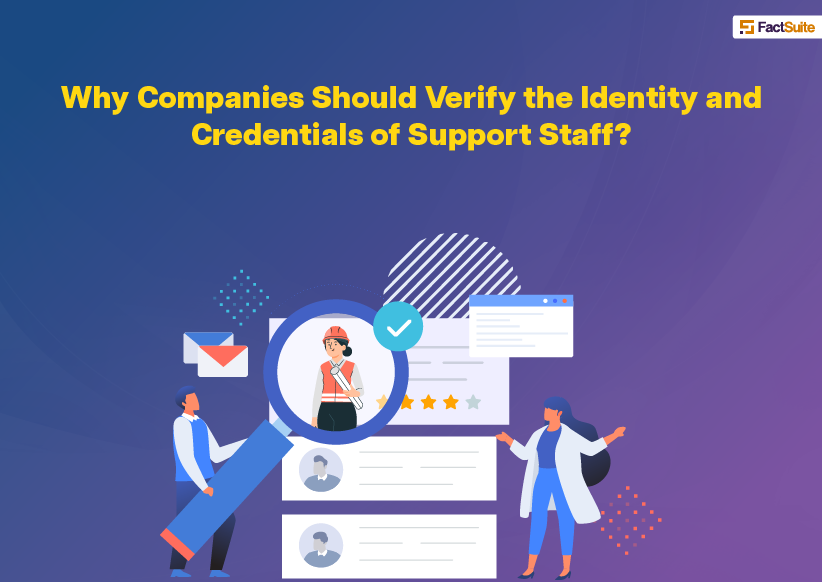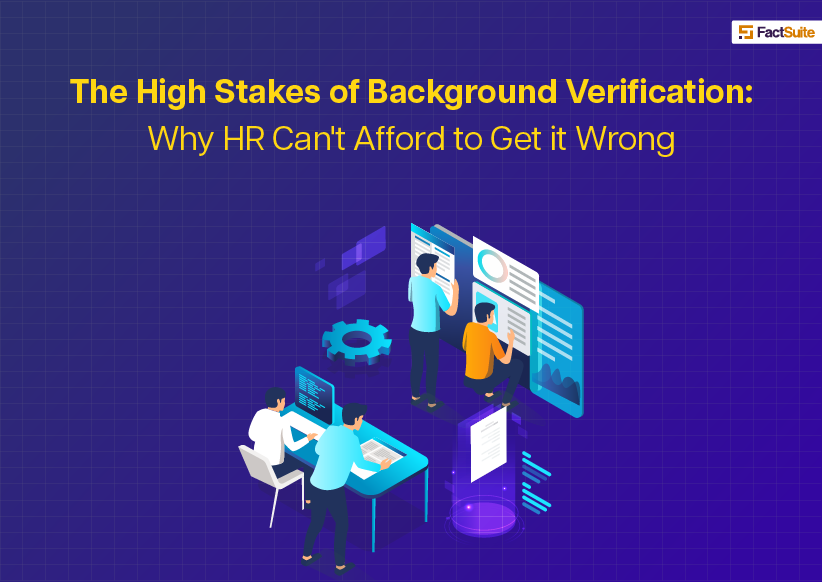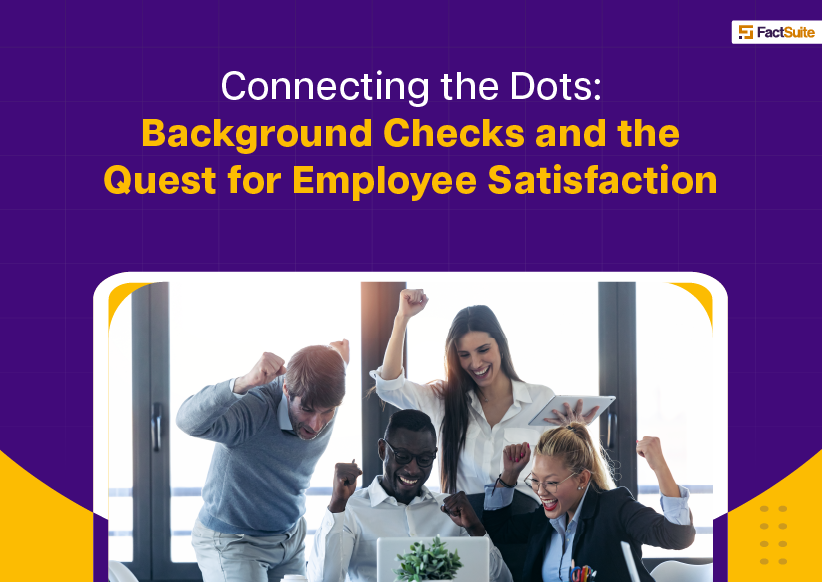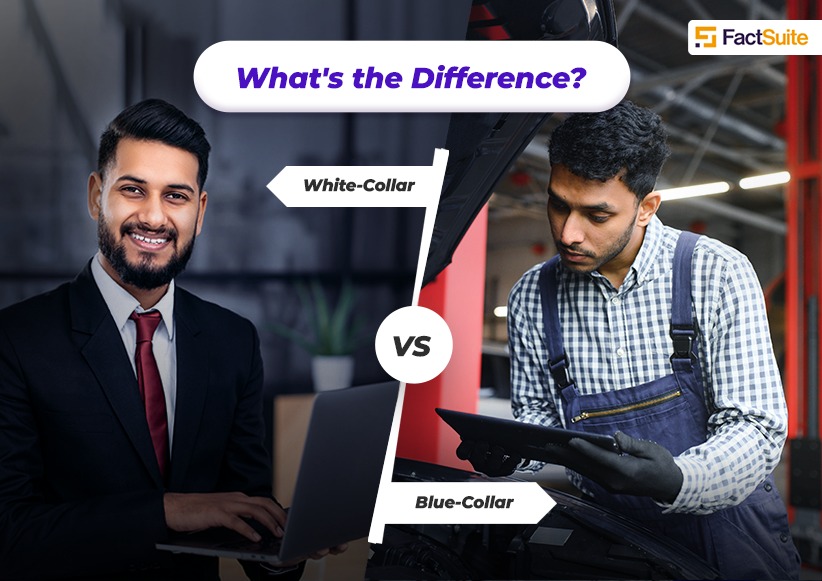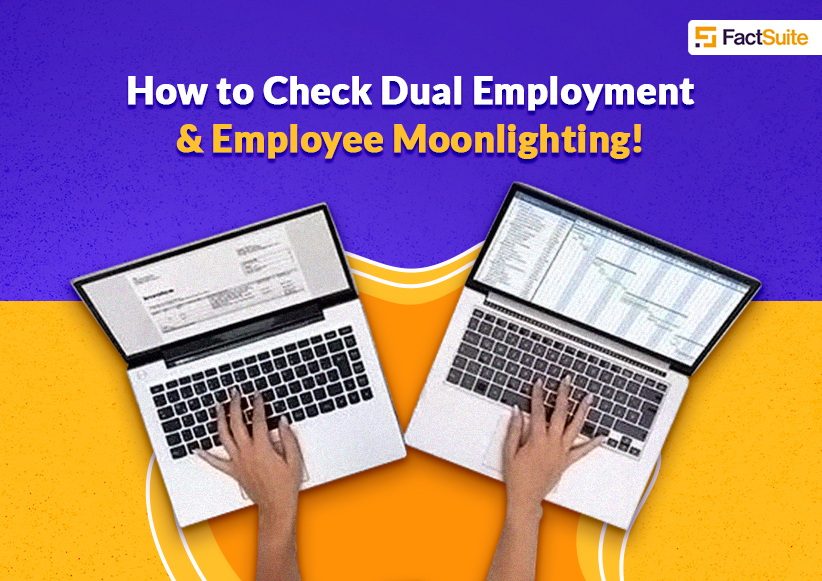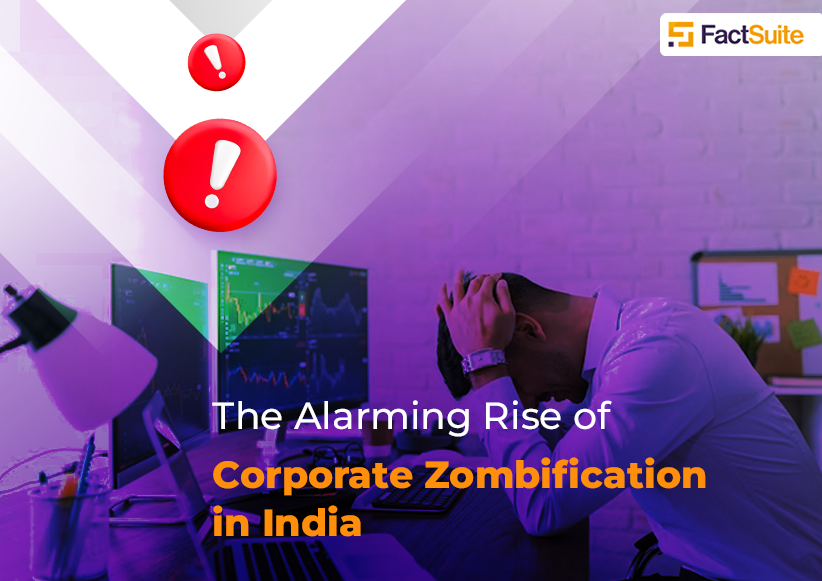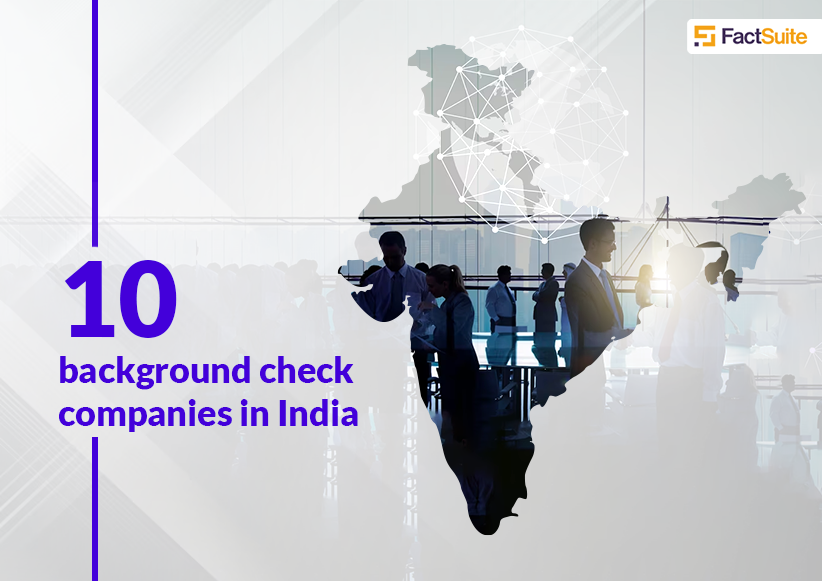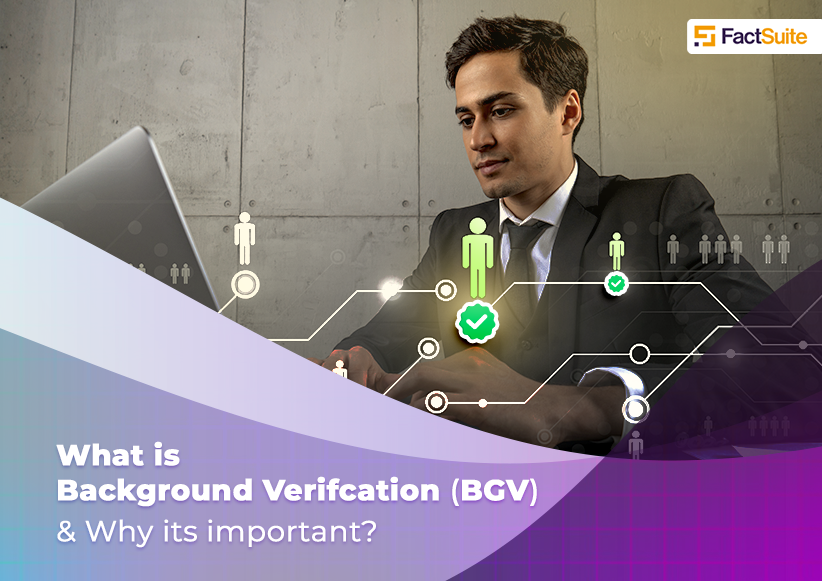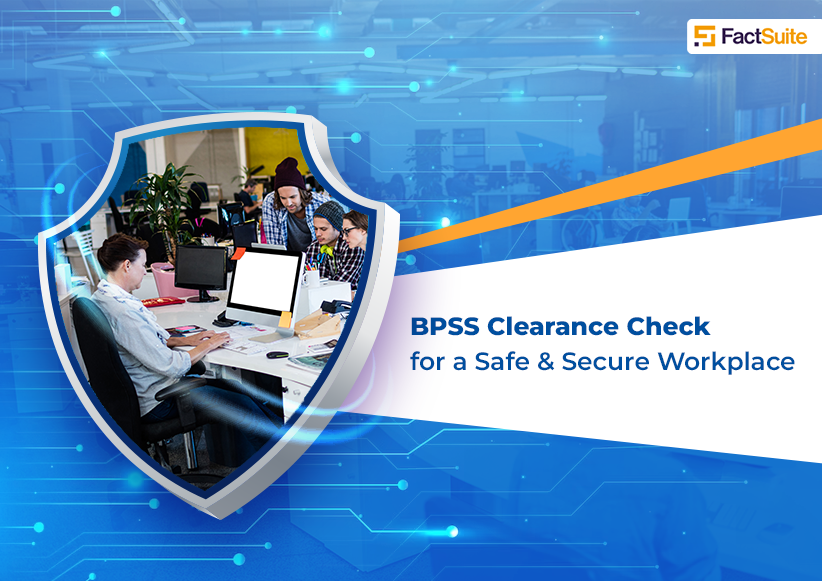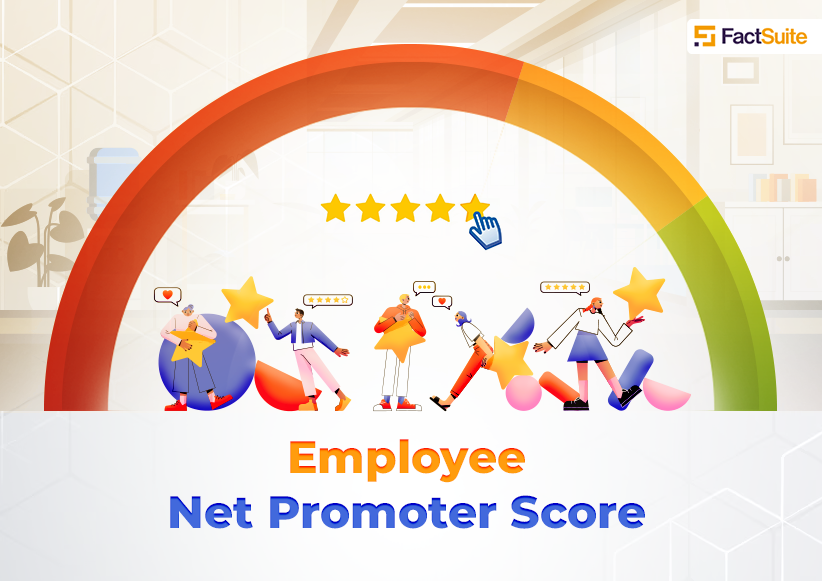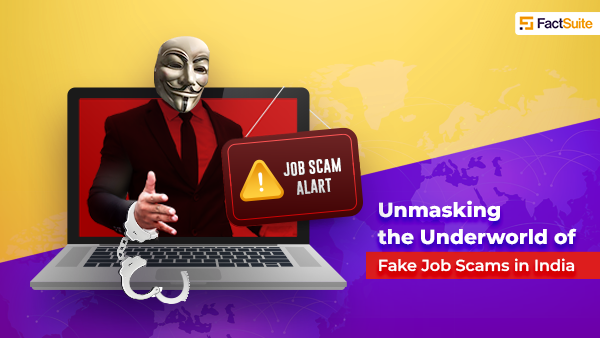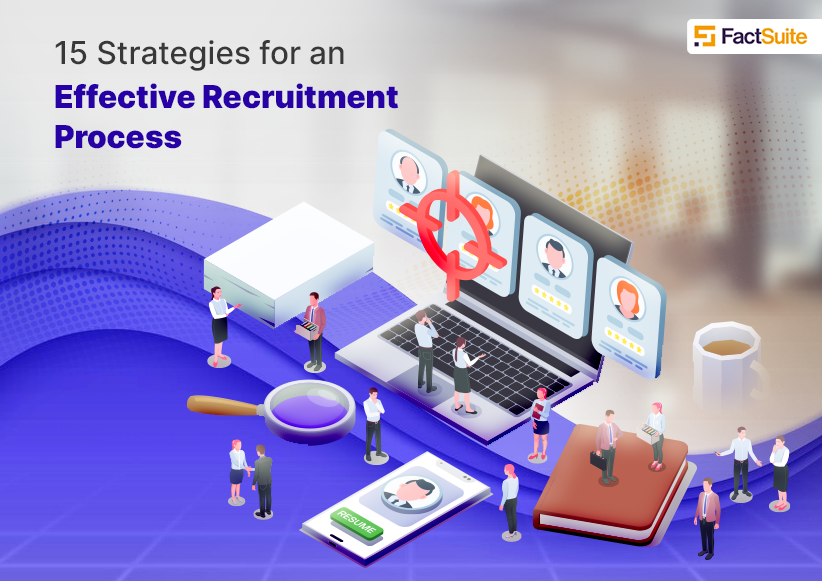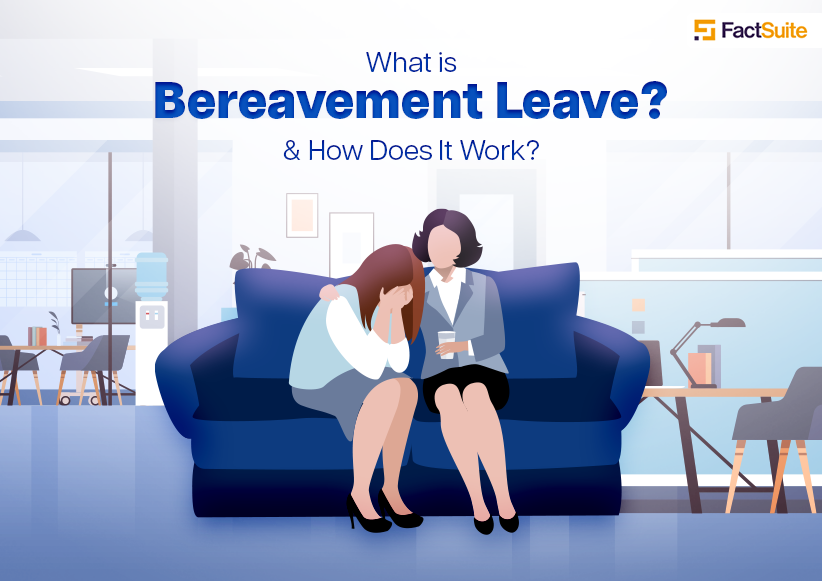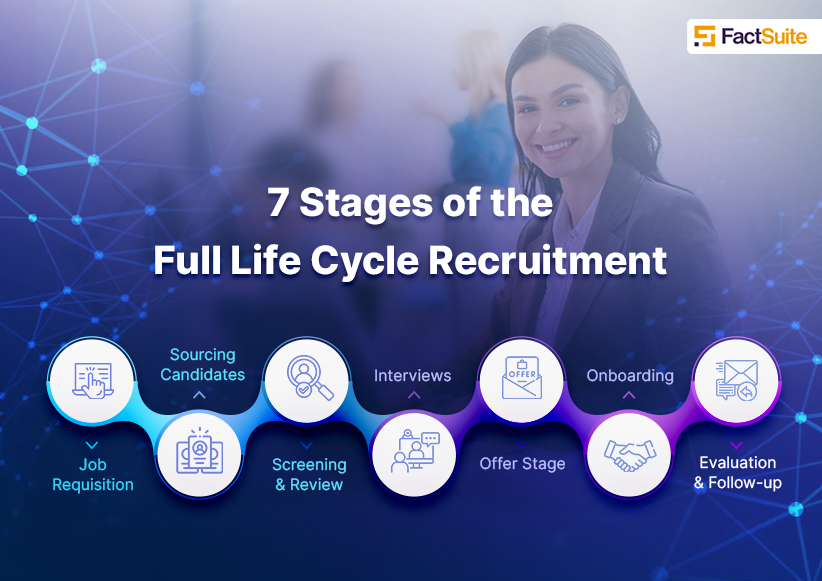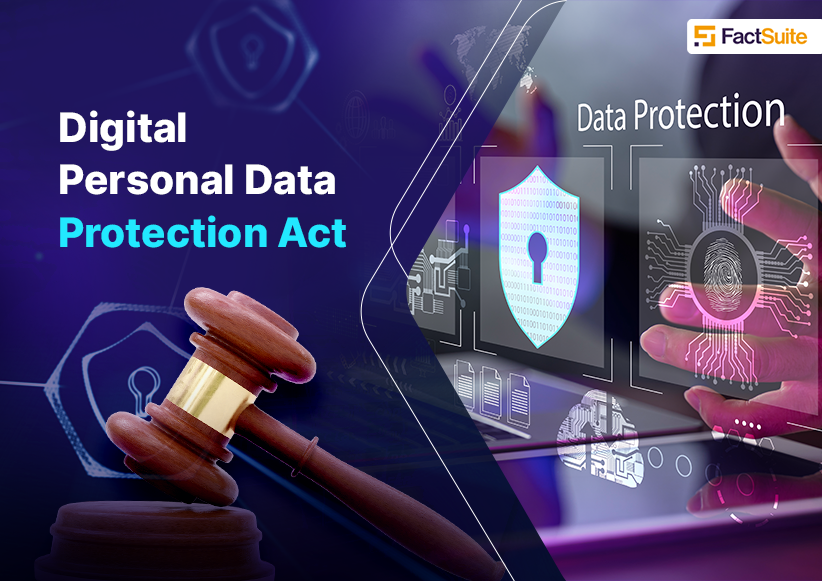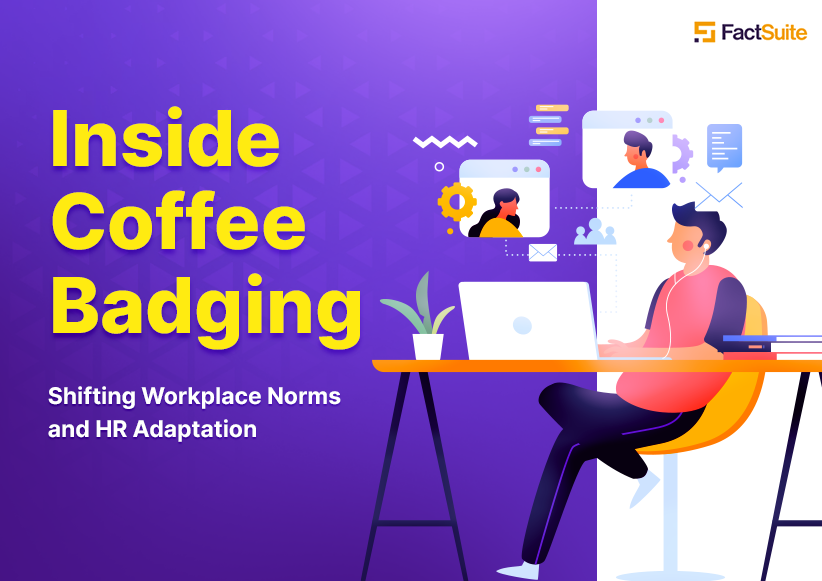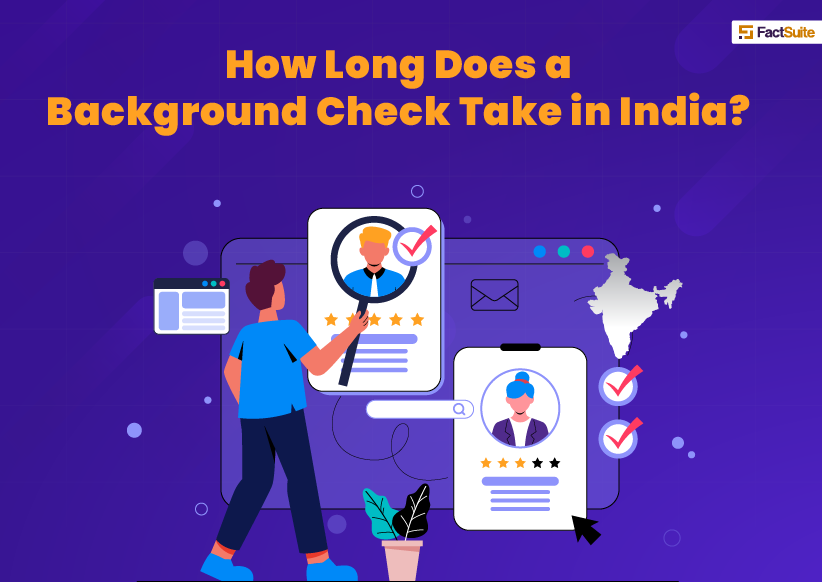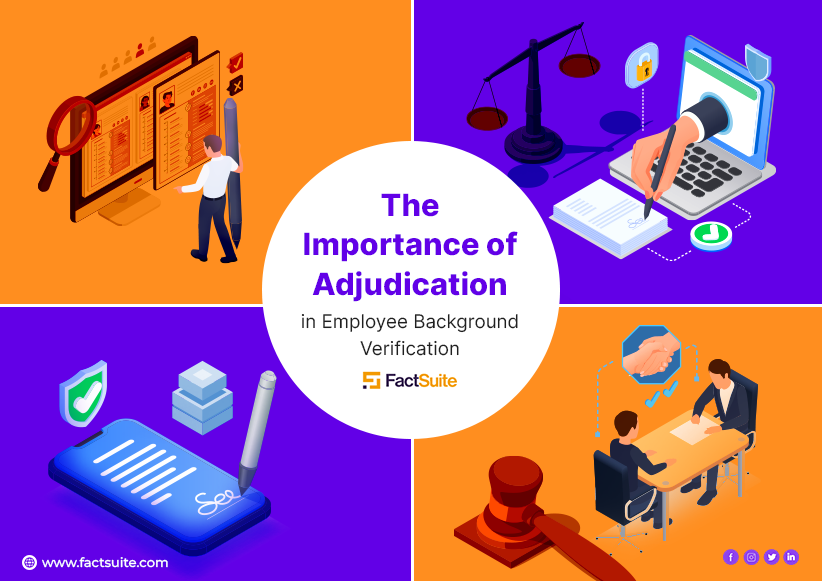Why Do You Need a Criminal Record Check for Employees?
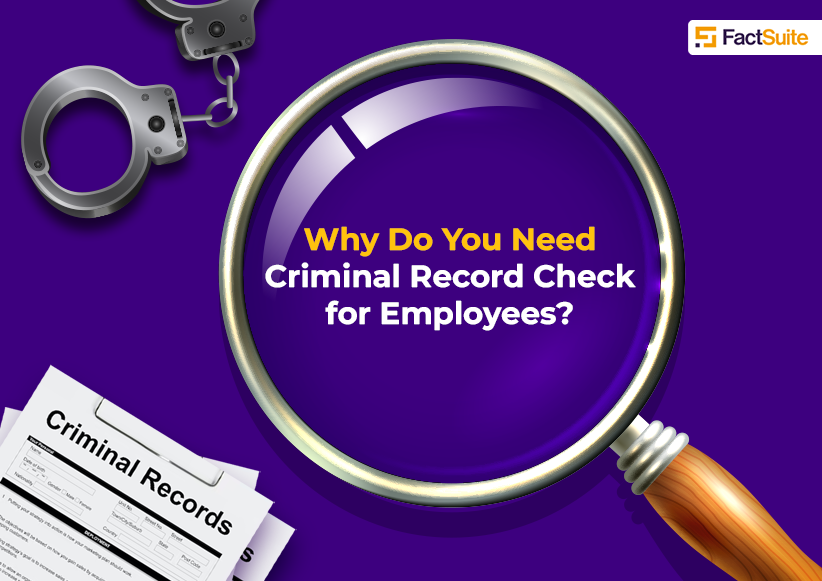
Table of Content
- Introduction
-
The Value of Criminal Background Checks
Legal Compliance and Liability Reduction
Protecting Company Reputation
Maintaining a Safe Work Environment
Protecting Customer and Client Interactions
Assessing Integrity and Honesty -
Here is what companies should check for when running a criminal check.
Compliance with Laws and Regulations
Informed Consent
Conviction Records
Arrest Records
Outstanding Warrants and Charges
Sex Offender Registry
Incarceration Records
Fair Hiring Practices
Adverse Action Procedure
Confidentiality and Data Security
Continuous Improvement -
What to Expect from a Background Check for Employers
Identity Check
Address Check
Education Check
Employment Check
Reference Check
Global Database Check
Drug Test
Court/Criminal Record Check
Credit History Check
Health Check
Sanctions Check
Directorship Check
Bankruptcy Check -
How does a company conduct a criminal record verification?
Access to Comprehensive Databases
Legal Expertise
Efficiency and Timeliness
Discretion and Impartiality
Technology and Automation
Compliance and Data Protection - FAQs
What is the importance of criminal check?
What is criminal record check in India?
Does every company check criminal record?
How does MNC check criminal record?
How do companies verify criminal records? -
Conclusion
Introduction
The importance of Employee Criminal Background Checks is high in the hiring process for any organization. By checking for felony convictions, misdemeanour offenses, sexual offenses, drug-related incidents, and pending charges, employers can safeguard the workplace, protect their reputation, and foster a secure environment for all stakeholders. Engaging third-party background check providers ensures accuracy and adherence to legal requirements, while maintaining fair and consistent practices during the review process and promotes integrity and trust in the hiring process.
This blog serves as a comprehensive guide that will equip you with valuable insights into the significance of conducting criminal record checks for employees as part of an employee background check. By delving into the importance of employee criminal background checks, you will learn how it protects the workplace and existing employees, ensures legal compliance, and reduces potential liabilities. This blog aims to be a valuable resource for both employers and job seekers, offering essential knowledge to ensure informed decision-making and promote a safe and ethical work environment.
The Value of Criminal Background Checks
Hiring the right employees is a critical aspect of building a successful and reputable organization. Employers seek candidates who possess the necessary skills, qualifications, and values to contribute positively to their business. Among the various tools utilized in the hiring process, the criminal record check stands as an essential step to ensure a safe and trustworthy workforce. In this article, we will explore the significance of conducting criminal record checks for prospective employees as part of employee background check, and how it contributes to maintaining a secure work environment while upholding the integrity and reputation of the company.
Protecting the Workplace and Employees
One of the primary reason for importance of employee criminal background checks is to protect the workplace and existing employees. By evaluating a candidate's criminal history, employers can identify potential risks and avoid hiring individuals with a history of violent behavior, theft, fraud, or other criminal activities. By making informed decisions through criminal record checks, companies can minimize the chances of internal threats, safeguarding their employees and maintaining a secure work environment.
Legal Compliance and Liability Reduction
In certain industries, such as healthcare, finance, and childcare, criminal record checking may be mandatory due to legal requirements and regulations. Failing to comply with these regulations can result in severe consequences, including legal penalties and damage to the organization's reputation. By adhering to these requirements and performing thorough employee background checks, employers can mitigate potential liabilities and demonstrate their commitment to upholding the law.
Protecting Company Reputation
A company's reputation is vital to its success and growth. A single incident involving an employee with a criminal background can tarnish the organization's image, leading to a loss of customer trust and loyalty. Clients and customers place a great deal of trust in businesses, and they expect their interactions to be with honest and dependable individuals. Criminal record checking helps ensure that the people representing the company align with its values, ultimately safeguarding its reputation.
Maintaining a Safe Work Environment
A safe work environment fosters employee well-being, productivity, and overall job satisfaction. By an employee background check on potential hires for criminal records, employers can create a secure atmosphere that promotes a sense of security and trust among staff members. Employees who feel safe in their workplace are more likely to be motivated, engaged, and committed to their roles, which translates to increased productivity and reduced turnover.
Protecting Customer and Client Interactions
In many industries, employees directly interact with customers or clients. These interactions often involve sensitive information or require a high level of trust. Criminal record checking can help identify candidates who may pose a risk to these relationships, preventing any potential harm to clients and customers. This process allows companies to prioritize the safety and well-being of their stakeholders, thereby reinforcing their commitment to providing exceptional service.
Assessing Integrity and Honesty
Integrity and honesty are foundational qualities sought in employees across all sectors. A criminal background verification provides employers with insights into a candidate's past behavior, enabling them to assess the individual's trustworthiness. Employees with a history of dishonesty or unethical conduct are more likely to engage in fraudulent activities, which can lead to significant financial losses for the company. A criminal background verification helps filter out such candidates and ensures that only individuals with strong moral character are considered for employment.
Here is what companies should check for when running a criminal check
When companies conduct a criminal check on potential employees or individuals, it is essential to adhere to legal and ethical standards while obtaining information about their criminal history. Here are the key aspects that companies should consider and check for during a criminal background check
Compliance with Laws and Regulations
Before initiating a criminal background check, companies should ensure compliance with relevant federal, state, and local laws governing the use of such information in the hiring process. Laws may vary depending on the jurisdiction, so it is crucial to be aware of the specific legal requirements in the relevant area.
Informed Consent
Obtain the individual's written consent before conducting the criminal background check. This consent should be separate from other employment documents to ensure clarity and transparency. The applicant should be informed that the results of the check will be used to make decisions about their suitability for the position.
Conviction Records
Check for any convictions related to theft, assault, drug-related offenses, fraud, or other relevant crimes. Focus on convictions that could potentially impact the individual's ability to perform the job safely and responsibly.
Arrest Records
Be aware that arrest records do not necessarily indicate guilt or conviction. In some jurisdictions, it may not be legal to consider arrest records during the hiring process. However, some exceptions may apply, such as for positions that require high security or trust.
Outstanding Warrants and Charges
Identify if the individual has any outstanding warrants or pending charges. This information is crucial as it could indicate ongoing legal issues that may affect their ability to fulfill the job requirements.
Sex Offender Registry
Conduct a search in the sex offender registry to determine if the individual is listed. For positions involving vulnerable populations or close contact with children, elderly, or other vulnerable individuals, this check is of utmost importance.
Incarceration Records
Look for records of past incarcerations, including the nature of the offense and the length of the sentence. This can help assess the individual's honesty and integrity, especially if the role involves handling sensitive information or valuable assets.
Fair Hiring Practices
Ensure that the decision-making process is fair and consistent for all applicants. If a candidate has a criminal history, consider factors such as the relevance of the offense to the job, the time that has passed since the conviction, and evidence of rehabilitation.
Adverse Action Procedure
If the results of the criminal background check lead to a decision not to hire the individual, follow adverse action procedures. Provide the candidate with a copy of the report, a pre-adverse action notice, and allow them a reasonable period to dispute any inaccuracies or provide context.
Confidentiality and Data Security
Safeguard all the information obtained during the criminal check to protect the applicant's privacy. Ensure compliance with data protection laws and guidelines for secure handling and retention of sensitive information.
Continuous Improvement
Periodically review the company's policies and procedures regarding criminal background checks to ensure they remain compliant with changing laws and best practices.
Remember that criminal record checking should be just one part of the overall evaluation process when considering a candidate for employment. Other factors such as qualifications, experience, references, and interviews should also be taken into account to make an informed hiring decision. The goal is to create a safe and trustworthy work environment while respecting individuals' rights and ensuring fair treatment for all applicants.
What to Expect from a Background Check for Employers
When conducting a comprehensive employee background check, employers may delve into various aspects of a candidate's history to make informed hiring decisions and maintain a safe and trustworthy work environment. Below are the components that are typically covered in an employee background verification:
Identity Check
Verifying the candidate's identity to ensure they are who they claim to be. This may involve checking government-issued identification documents like passports or driver's licenses.
Address Check
Confirming the candidate's current and previous addresses to establish their residency history.
Education Check
Validating the educational qualifications and credentials claimed by the candidate. This includes verifying degrees, certificates, and any other academic achievements.
Employment Check
Verifying the candidate's work history, including past employers, job titles, dates of employment, and job performance.
Reference Check
Contacting the references provided by the candidate to gain insights into their work ethic, skills, and character from previous employers or colleagues.
Global Database Check
Conducting checks in international databases to identify any potential red flags, such as international criminal records or sanctions.
Drug Test
Some employers may require candidates to undergo drug testing to ensure a safe and drug-free work environment, especially for safety-sensitive roles.
Court/Criminal Record Check
The primary focus of this part of the background check is to look for any criminal history, including convictions for felonies and misdemeanors. Employers may search local, state, and federal criminal databases to find relevant information.
Credit History Check
This is more common for roles that involve financial responsibilities, as it helps assess the candidate's financial trustworthiness and responsibility.
Health Check
In some cases, certain positions may require health checks to determine the candidate's fitness for the job, especially if it involves physically demanding tasks.
Sanctions Check
Checking government lists and databases to determine if the candidate is under any sanctions or restrictions due to legal or regulatory reasons.
Directorship Check
For executive-level positions, employers may verify the candidate's involvement in other organizations as a director or board member.
Bankruptcy Check
Looking into the candidate's financial history to see if they have filed for bankruptcy in the past.
It's essential to emphasize that employee background check should comply with relevant laws and regulations, and candidates should be informed and give consent before such checks are conducted. The focus on employee background verification is crucial because employers want to ensure the safety and security of their workplace and other employees, making informed decisions that align with their organization's values and requirements.
How does a company conduct a criminal record verification?
Conducting a criminal background verification is a crucial step for companies to ensure they are hiring candidates with clean backgrounds and uphold safety and security within their organization. Background verification companies play a significant role in this process, as they have the necessary resources and expertise to conduct these high-important checks efficiently and accurately.
To carry out a criminal record verification, background verification companies often partner with legal experts and law enforcement agencies. This collaboration allows them to access the court records of India and the jurisdictional police station corresponding to the candidate's address. By doing so, they can verify the candidate's name against the available criminal records, ensuring any past criminal history is brought to light.
The resources available to background verification companies make them a preferred choice for conducting employee background verification compared to in-house verifications. Here are some reasons why companies opt for background verification partners:
Access to Comprehensive Databases
Background verification companies have access to extensive databases that contain records from multiple sources, including courts and law enforcement agencies. This broad access increases the chances of uncovering any potential criminal history of a candidate.
Legal Expertise
Collaborating with legal partners enables background verification companies to interpret and understand the complexities of legal documents and court records accurately. This expertise ensures that the verification process is conducted thoroughly and in compliance with relevant laws and regulations.
Efficiency and Timeliness
With established procedures and dedicated teams, background verification companies can efficiently carry out criminal record checks. Their expertise allows them to handle large volumes of verifications without compromising the quality and turnaround time.
Discretion and Impartiality
Using a third-party background verification company ensures impartiality in the verification process. It reduces the risk of biases and conflicts of interest that might arise in an in-house verification scenario.
Technology and Automation
Background verification companies often employ advanced technological tools and automation to streamline the verification process. This not only improves accuracy but also enhances the overall efficiency of the verification procedures.
Compliance and Data Protection
Reputable background verification companies prioritize data protection and comply with relevant privacy regulations. They handle sensitive candidate information with utmost confidentiality and ensure that the verification process adheres to legal requirements.
FAQs
1.What is the importance of a criminal check?
A criminal check, also known as a criminal record check or background check, is essential for various reasons:
- Safety: It helps ensure the safety of the organization, its employees, and its clients by identifying potential risks associated with individuals.
- Legal Compliance: Many industries and government regulations require employers to conduct criminal checks, especially for positions involving vulnerable populations or sensitive information.
- Risk Mitigation: Employers can reduce the risk of hiring individuals with a history of criminal behavior, which could harm the company's reputation or financial stability.
2.What is a criminal record check in India?
In India, a criminal record check involves verifying an individual's criminal history and any previous convictions or pending cases. This check is typically carried out by the police or law enforcement agencies. Employers can request this check on potential employees as part of their hiring process, especially for roles involving trust, security, or access to sensitive information.
3.Does every company check criminal records?
Not every company checks criminal records, as the practice may depend on several factors:
- Industry: Companies in sectors like finance, healthcare, security, and education are more likely to conduct criminal record checks due to the nature of their work.
- Position: Companies are more likely to check criminal records for positions with access to sensitive information or vulnerable populations.
- Legal Requirements: Some regions or industries have legal requirements mandating criminal record checks for certain roles.
4.How do MNCs (Multinational Corporations) check criminal records?
MNCs typically follow a similar process for criminal record checks as other companies:
- Background Check Companies: They may hire specialized background check companies to conduct comprehensive checks on potential employees.
- Local Regulations: MNCs must adhere to the laws and regulations of each country in which they operate, which may include specific requirements for criminal record checks.
- Consistency: MNCs often have global HR policies that outline their background screening processes to ensure consistency across their various locations.
5.How do companies verify criminal records?
Companies verify criminal records by following a structured process that usually involves the following steps:
- Consent: The candidate provides written consent for the background check.
- Data Collection: The employer or background check provider collects the necessary information, such as the candidate's name and date of birth.
- Search: The background check provider searches relevant databases, including local, state, and national criminal records, to identify any criminal history.
- Verification: If a record is found, the background check provider may verify the information with the candidate or the appropriate authorities.
- Report: A detailed report is generated and provided to the employer, summarizing the candidate's criminal history, if any.
Conclusion
Conducting criminal background verification is a critical step for companies to safeguard their workplace and maintain a trustworthy environment. Background verification companies are well-equipped with the necessary resources, legal expertise, and technology to perform these checks efficiently and effectively, making them the preferred choice for many organizations over in-house verifications.

